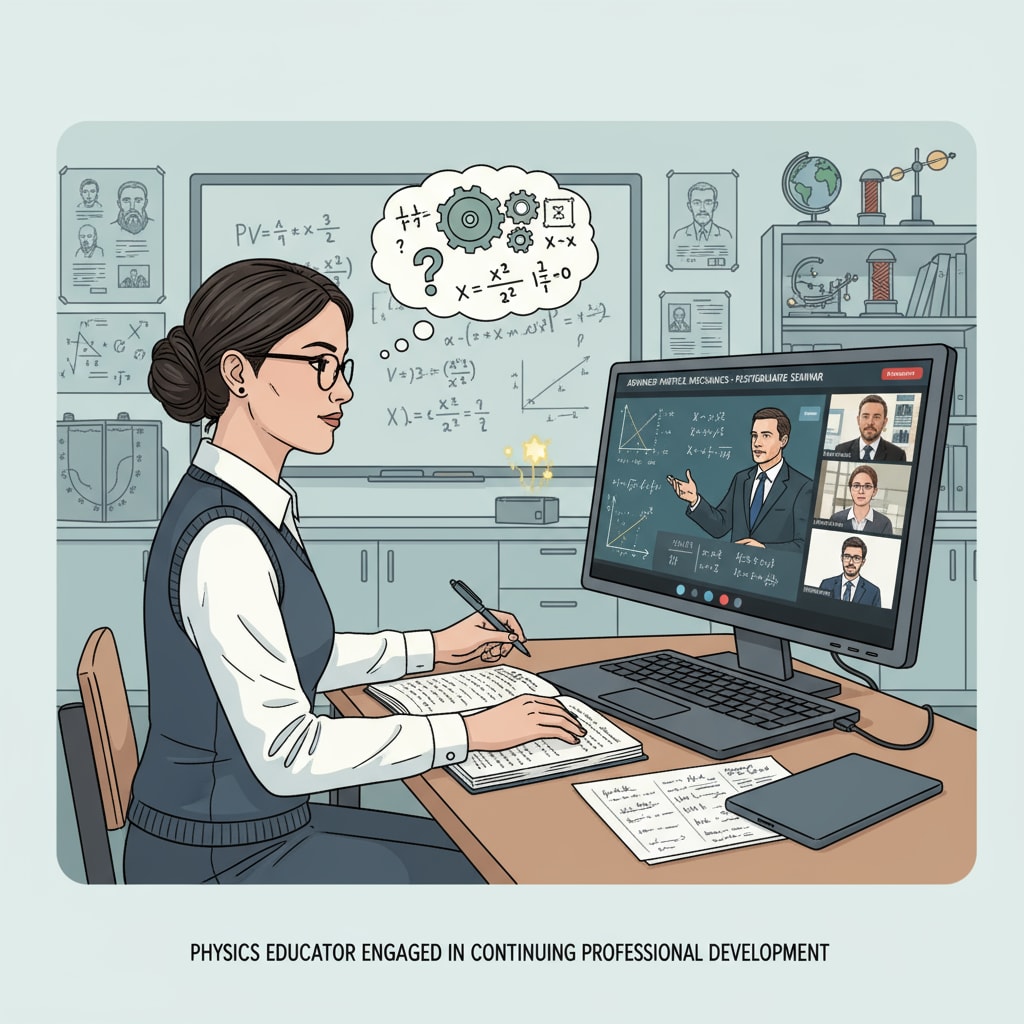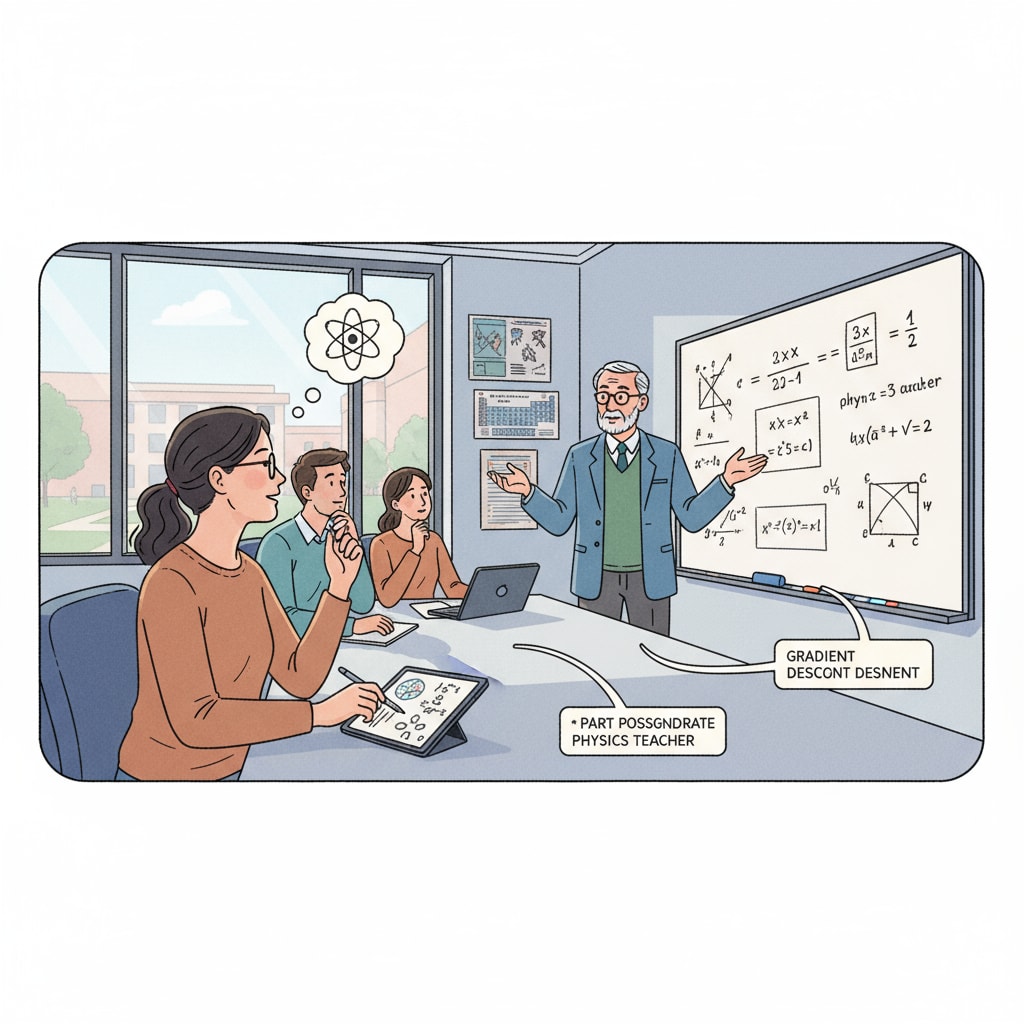In the realm of education, in-service physics teachers often find themselves at a crossroads where they desire to enhance their knowledge and skills through postgraduate education while still fulfilling their teaching responsibilities. This pursuit of postgraduate degrees among in-service physics teachers is a significant step towards professional growth.

There are several viable routes available for them to embark on this academic journey.
Learning Mode Selection
One of the first decisions an in-service physics teacher must make is the choice of learning mode. There are mainly two popular options: part-time and online postgraduate programs. Part-time programs typically require teachers to attend classes on campus during evenings or weekends. This allows them to interact directly with professors and fellow students, facilitating in-depth discussions and hands-on learning experiences. For example, at many renowned universities, part-time postgraduate courses in physics offer specialized laboratories where teachers can conduct experiments. Education on Britannica

Time Management Strategies
Managing time effectively is crucial for in-service physics teachers pursuing postgraduate degrees. With teaching duties during the day, they need to carve out dedicated time for study. One strategy is to create a detailed schedule. Allocate specific hours each day or week for postgraduate coursework, research, and assignments. Additionally, make use of fragmented time, such as breaks between classes or during commute. By being organized and disciplined, teachers can balance their teaching and postgraduate studies more smoothly. Time management on Wikipedia
Another aspect to consider is financial support. Postgraduate education can be costly, but there are various channels available to ease the financial burden. Some schools offer scholarships specifically for in-service educators. These scholarships can cover a significant portion of tuition fees. Moreover, some employers may provide financial assistance or tuition reimbursement as an incentive for employees to further their education. Teachers should actively explore these opportunities to make their postgraduate dreams more achievable.
In conclusion, in-service physics teachers have multiple paths to pursue postgraduate degrees. Through careful selection of learning modes, effective time management, and exploring financial support options, they can successfully embark on this journey of academic advancement and enhance their professional capabilities in the field of physics education.
Readability guidance: This article uses short paragraphs and lists to summarize key points. Each H2 section provides a list when applicable. The proportion of passive voice and long sentences is controlled, and transition words are scattered throughout the text to enhance readability.


